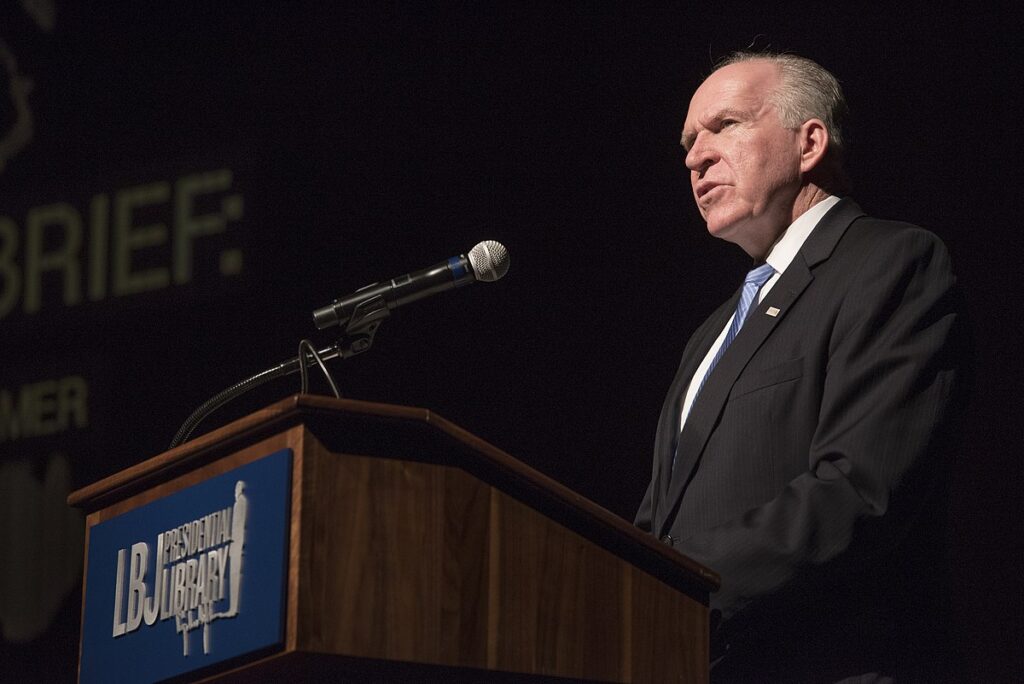Why John Brennan’s Dismissal of CIA Ties to the Steele Dossier Doesn’t Hold Up
‘Brennan’s assertion that the CIA was not ‘involved at all’ with the Steele dossier cannot be reconciled with the facts.’ That claim keeps getting floated even though questions about agency contacts, briefings, and leads were never fully answered. From a conservative perspective, we demand clear, consistent explanations when national intelligence interacts with politically charged material.
Public reports and timelines show multiple touchpoints between the dossier and intelligence actors, which makes a blanket denial implausible. It’s not about partisan scorekeeping, it’s about the integrity of the intelligence process and whether officials followed rules. When the playing field looks uneven, taxpayers and voters have a right to know how decisions were made.
Whether former officials intended to sway an investigation or simply shared information, the overlap matters. The Steele dossier came into contact with U.S. intelligence in several ways, and those interactions deserve scrutiny. Republicans see a pattern that suggests the story is more complicated than a single sentence can dismiss.
Too often, bureaucratic answers are offered as final without the underlying documents released for independent review. That lack of transparency breeds suspicion, and suspicion weakens public trust in intelligence institutions. Oversight isn’t a political attack; it’s a necessary guardrail when power meets secrecy.
There were memos, meetings, and cross-office briefings that intersected with the dossier’s claims, which means asserting no involvement isn’t plausible on its face. At minimum, the sequence of events warrants a full accounting of what was known, by whom, and when. GOP critics argue that accountability must include real consequences for misleading or incomplete testimony.
When intelligence becomes part of a political drama, the rules must be crystal clear to prevent misuse. The Steele dossier was raw opposition research that was used in various venues, and those channels need inspection. Republicans emphasize that safeguarding civil liberties cuts both ways: protect citizens from foreign influence and prevent domestic political weaponization.
Critics also point out that intelligence agencies operate with vast authority and limited public oversight, so the default should be transparency when allegations of improper handling surface. The stakes go beyond one document; they touch on whether intelligence can be trusted when it intersects with politics. A commitment to candor would restore some measure of confidence.
It’s fair to demand documentary evidence and sworn testimony that reconcile public statements with internal records. If officials believe the dossier had no role, producing the timeline and communications would end the debate quickly. Until then, the insistence that nobody was involved comes across as defensive, not convincing.
Republicans pressing these questions want the records opened and discrepancies explained, not partisan theater. This issue is about process, principle, and the limits of intelligence authority in democratic oversight. Honest answers, not evasions, are how we ensure the system serves the country rather than political interests.



